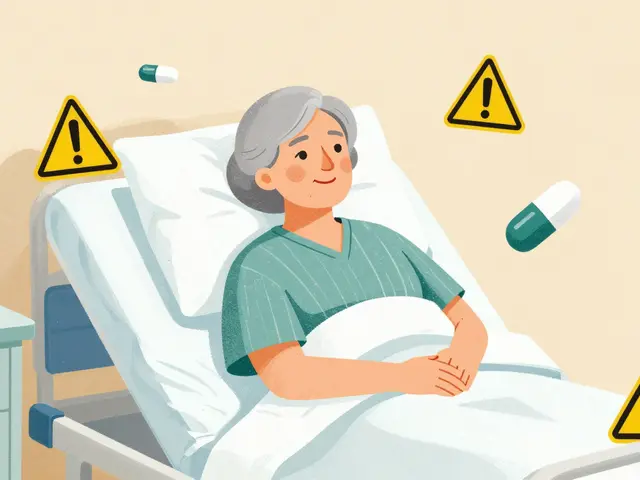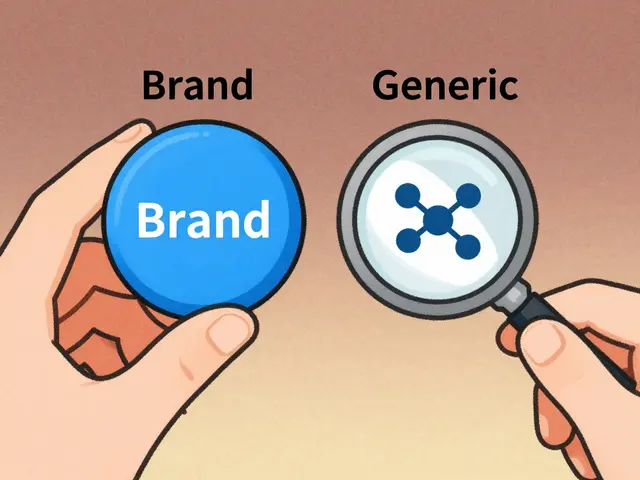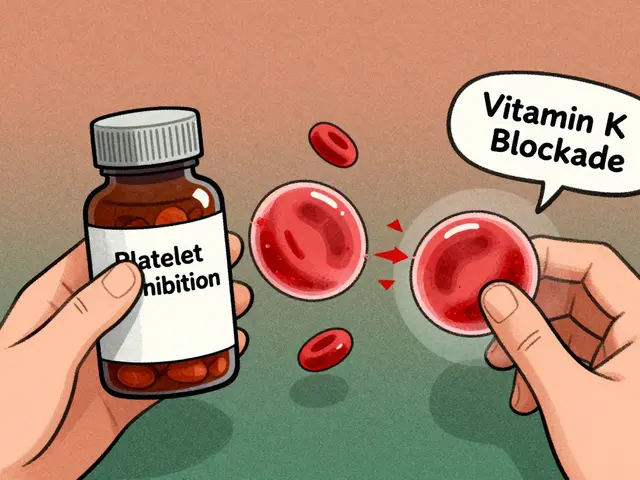Health Scams: How to Spot Fake Cures and Avoid Dangerous Tricks
When you’re sick or struggling with a chronic condition, it’s easy to believe in a miracle solution. That’s exactly what health scams, deceptive practices that promise quick fixes for serious medical conditions without scientific backing. Also known as medical fraud, they target people desperate for relief—from chronic pain to diabetes, from weight loss to cancer. These aren’t just annoying ads. They can delay real treatment, cause harmful side effects, or even kill you.
Fake cures, products or treatments falsely marketed as effective for diseases they can’t treat show up everywhere: Instagram influencers selling detox teas, YouTube videos promoting unapproved pills for arthritis, clinics offering "miracle" stem cell injections for back pain. Many of these rely on emotional manipulation—phrases like "natural remedy," "doctor-recommended," or "used by celebrities"—to trick you into thinking they’re safe or proven. But if a product claims to cure everything from diabetes to Alzheimer’s without clinical trials, it’s a red flag. The FDA has shut down dozens of companies selling such products, yet new ones pop up every week.
Alternative medicine scams, unregulated therapies sold as alternatives to evidence-based medicine often sound harmless—herbal teas, magnetic bracelets, colloidal silver—but they can interact dangerously with real medications. For example, some herbal supplements interfere with blood thinners, birth control, or chemotherapy drugs. One post on this site details how herbal teas can mess with your prescription meds, and another warns about Slimonil, a popular herbal diuretic with unverified claims. These aren’t just ineffective—they’re risky.
And then there’s the supplement scams, products labeled as dietary supplements that contain hidden, unapproved drugs. Many weight-loss pills, ED treatments, and energy boosters sold online contain banned pharmaceuticals like sildenafil or sibutramine—drugs that can cause heart attacks or strokes, especially in people with underlying conditions. The FDA regularly issues warnings about these, but they’re still easy to find on shady websites.
What makes these scams so dangerous isn’t just the money you lose—it’s the time you waste. Someone with early signs of thyroid cancer might delay seeing a doctor because they’re taking a "natural thyroid booster" that does nothing. A person with rheumatoid arthritis might skip proven treatments and try a $200 herbal powder instead of physical therapy. These aren’t hypotheticals. They happen every day.
There’s no magic bullet for health. Real progress comes from science, not slogans. The posts here cover real conditions—like Graves’ disease, acromegaly, and lupus—and how they’re actually treated with proven drugs like PTU, tadalafil, or azathioprine. You won’t find any miracle cures here. Just facts, risks, and clear comparisons so you know what works and what’s just noise.
If you’re researching a treatment, check if it’s listed in medical guidelines, ask your doctor about clinical studies, and never trust a product that won’t tell you its exact ingredients. Health scams thrive on confusion. You don’t need to be an expert to protect yourself—just skeptical enough to ask: "Where’s the proof?"

- Nov 16, 2025
- Posted by Cillian Osterfield
How to Recognize Unsafe Medication Advice on Social Media
Learn how to spot dangerous medication advice on social media before it harms you or someone you love. Real signs of scams, how algorithms trick you, and what to do instead.
Categories
- Health and Wellness (72)
- Medications (71)
- Health and Medicine (28)
- Pharmacy Services (12)
- Mental Health (9)
- Health and Career (2)
- Medical Research (2)
- Business and Finance (2)
- Health Information (2)
Latest Posts
©2026 heydoctor.su. All rights reserved





